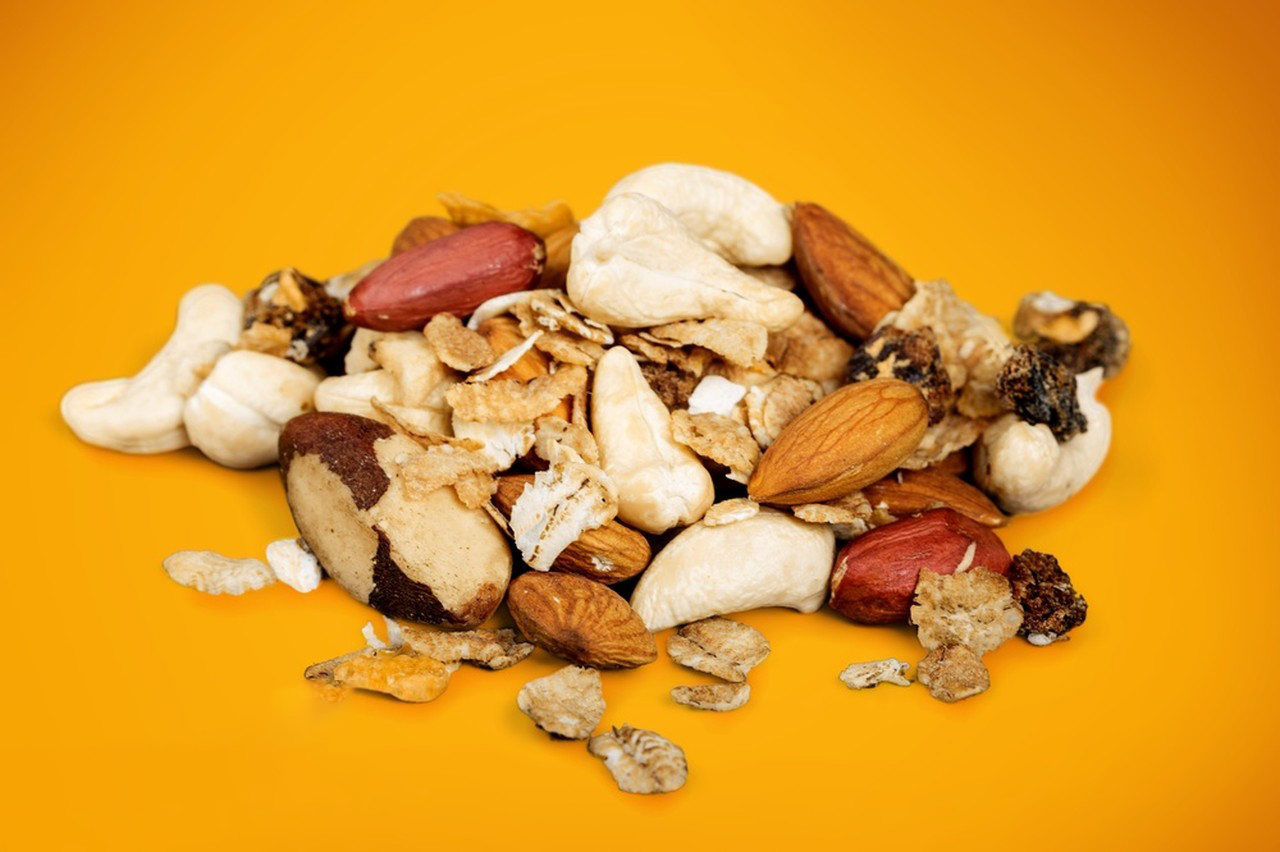Biotin, also known as vitamin B7 or vitamin H, is a water-soluble B vitamin that plays a crucial role in the metabolism of carbohydrates, fats, and proteins. It is commonly promoted for its potential benefits for hair, skin, and nails, but it also has other important physiological roles.
Effectiveness of Biotin:
Biotin supplementation has been most widely studied for its effects on:
- Hair Health: Biotin is commonly used to promote healthy hair growth and prevent hair thinning. Although biotin deficiency is known to cause hair loss, there is limited evidence supporting the effectiveness of biotin in individuals without a deficiency. Some studies suggest that biotin supplementation may improve hair health in people with brittle nails and hair, but the evidence for this is mixed.
- Nail Health: Biotin has been shown to improve nail thickness and strength in some people with brittle nails. Studies have shown that supplementation can improve the overall condition of nails, although the effects may vary between individuals.
- Skin Health: Some people use biotin to treat conditions like acne or eczema, though there’s not strong evidence that biotin supplementation directly affects these skin conditions.
- Metabolism: Biotin plays a role in enzyme functions related to the breakdown of macronutrients (carbohydrates, fats, and proteins), and supplementation may support general metabolic functions, but deficiencies in biotin are rare in healthy individuals.

Side Effects of Biotin:
Biotin is generally considered safe when taken in appropriate amounts. It is a water-soluble vitamin, so any excess is typically excreted in urine, making it less likely to cause toxicity. However, some potential side effects include:
- High Doses: Excessive doses of biotin (such as over 5,000 mcg/day) are not typically harmful but can interfere with lab tests. Biotin can alter the results of certain blood tests, including thyroid function tests, leading to inaccurate results. It’s important to inform healthcare providers if you’re taking biotin before undergoing lab work.
- Skin Reactions: In rare cases, people may experience skin rashes or other allergic reactions, though this is uncommon.
- Digestive Upset: Some people may experience mild digestive symptoms such as nausea, cramping, or diarrhea with high doses.
- Interference with Medications: Biotin may interact with certain medications, including anticonvulsants (like phenytoin), which can reduce the effectiveness of biotin in the body.
Special Considerations of Biotin:
- Deficiency: Biotin deficiency is rare in healthy individuals, as it is found in a variety of foods such as eggs, nuts, seeds, and some vegetables. However, people with certain medical conditions (like biotinidase deficiency) or those on long-term antibiotic therapy may be at risk of deficiency.
- Pregnancy and Breastfeeding: Biotin is considered safe during pregnancy and breastfeeding when taken at recommended levels. However, pregnant women should be cautious not to exceed the daily recommended intake without consulting a healthcare provider.
- Interactions with Other Supplements/Medications: High doses of biotin can interact with certain medications, especially anticonvulsants and some chemotherapy drugs, potentially affecting the absorption or metabolism of biotin.
- Overuse: While biotin toxicity is rare, taking excessively high doses (much higher than the recommended daily intake) over long periods should be avoided unless supervised by a healthcare provider.

Recommended Dosage:
- For general health: The recommended daily intake of biotin varies by age, sex, and specific life stage (e.g., pregnancy or lactation). For most adults, it is around 30-100 mcg per day.
- For hair, skin, or nails: Many supplements for hair, skin, and nails contain biotin doses ranging from 1,000 mcg to 5,000 mcg, though these higher doses may not provide additional benefits beyond normal intake unless a deficiency is present.
If you’re considering biotin supplementation, especially for hair and nail health, it’s wise to talk to a healthcare provider to assess your needs and avoid unnecessary high doses or potential interactions with other medications.
